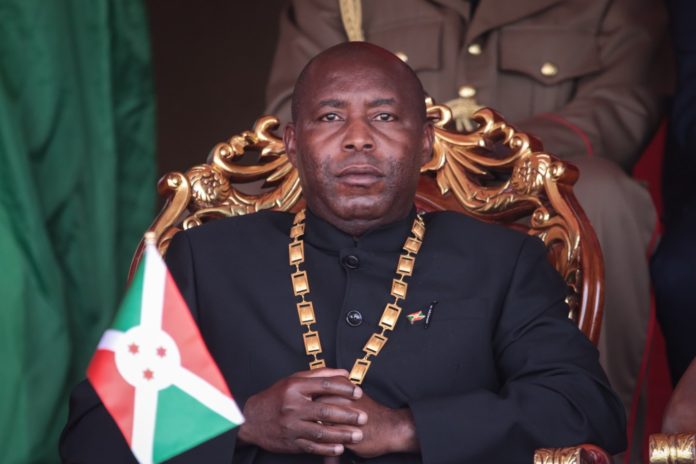On March 5, 2024, from Bujumbura, the Ministry of Foreign Affairs and Development Cooperation of Burundi addressed a significant letter to the President of the African Union Commission in Addis Ababa, Ethiopia. This correspondence came as a direct rebuttal to the accusations made by the Republic of Rwanda in a letter dated March 3, 2024. The Burundian government expressed dismay at what it termed as “false claims” made by Rwanda, particularly accusing Burundi of harboring FDLR members within its territory. Burundi’s government categorically denies these allegations, suggesting instead that Rwanda has been engaging in deceptive tactics to divert international attention from its harboring of individuals involved in the 2015 coup attempt, now leading the Red Tabara terrorist group.
Burundi has pointed out Rwanda’s involvement in supporting, training, and arming the Red Tabara group, which has been responsible for a series of terrorist attacks within Burundian borders, tragically affecting civilians, predominantly women and children. These attacks have taken place in several localities, including Kabarore, Ruhagarika, Gatumba, and most recently Buringa on February 25, 2024. The Burundian government also highlighted the recruitment of refugees from Mahama Camp in Rwanda to join the Red Tabara group, a move it considers a blatant violation of international law and the United Nations Charter.
The letter further details Burundi’s efforts to mend relations with Rwanda, including initiating dialogue aimed at peaceful resolution. However, these efforts, according to the Burundian government, have been undermined by what it describes as Rwandan hypocrisy, particularly Rwanda’s failure to extradite the masterminds behind the 2015 coup attempt who are allegedly part of the Red Tabara leadership.
In addition to bilateral diplomatic efforts, the East African Community, under the leadership of South Sudanese President Salva Kiir, attempted to mediate the situation, a move that has yet to yield the expected outcomes due to persistent challenges, including Rwandan non-compliance as suggested by Burundi.
The Burundian government’s letter to the African Union underscores its commitment to non-interference principles, refuting Rwandan allegations of any intentions to destabilize the Rwandan government. It also revisits Burundi’s contributions to regional peace, notably in Somalia, the Central African Republic, and the Democratic Republic of the Congo (DRC), emphasizing its longstanding tradition of supporting peace and security initiatives.
Burundi’s plea to the African Union Commission is a call for support in ensuring the extradition of those behind the 2015 coup attempt and the condemnation of their supporters, aiming to pave the way for a peaceful resolution to the ongoing tension between the two neighboring countries. This move underscores the complexity of regional relations in Africa and highlights the need for continued dialogue and cooperation to ensure peace and stability across the continent.
In its conclusion, the Burundian government reaffirms its dedication to working alongside the African Union and other regional bodies to promote peace, security, and stability in Africa, reflecting a deep-rooted commitment to the principles of solidarity and mutual respect among nations.































































